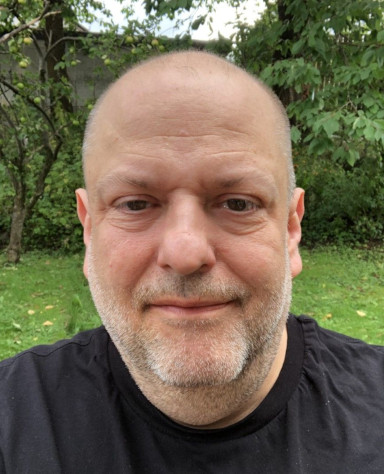Dr Eugene Dawydiak
- Lecturer (Psychology & Neuroscience Education Hub)
telephone:
01413304688
email:
Eugene.Dawydiak@glasgow.ac.uk
Room 435, School of Psychology, 62 Hillhead Street, Glasgow, G12 8QB
Details of my student office hours can be found here: https://moodle.gla.ac.uk/mod/page/view.php?id=1864922
Research interests
My research background lies in psycholinguistics, however current research interests broadly focus on looking at the relationship between individual differences in disgust sensitivity and phenomena such as social attitudes (especially stigma) and trypophobia (fear of clusters of holes/spots). In particular investigating overgeneralised disease avoidance (measured by pathogen disgust sensitivity) in relation to stigmatising attitudes towards mental health conditions (eg https://link.springer.com/article/10.1007/s40806-019-00208-x ) and mental health related symptoms in non-clinical samples (eg trypophobia https://psyarxiv.com/9vzt7/ ).
Dissertation supervision
Research projects at UG and PGT level typically align with my current research interests described above. Typically meetings follow the lab group approach (to create a more realistic research setting and facilitate a supportive mini-community of researchers). I support quantitative methodologies typically focused on online self-report measures.
Potential dissertation research projects include:
• Investigating the relationship between individual differences in pathogen disgust sensitivity and stigma towards mental health conditions
• Investigating potential predictors of Trypophobia severity
• Investigating the psychological predictors of Covid-19 anxiety and safety behaviours
I am also engaged in a line of educational research which investigates student perceptions of simulated written academic feedback – in particular the associations between emotional reaction to positive and negative feedback and how this relates to attention paid to that feedback (or perceived attention) and perceived usefulness of the feedback. This project would follow on from previous research we conducted and would involve data collection



